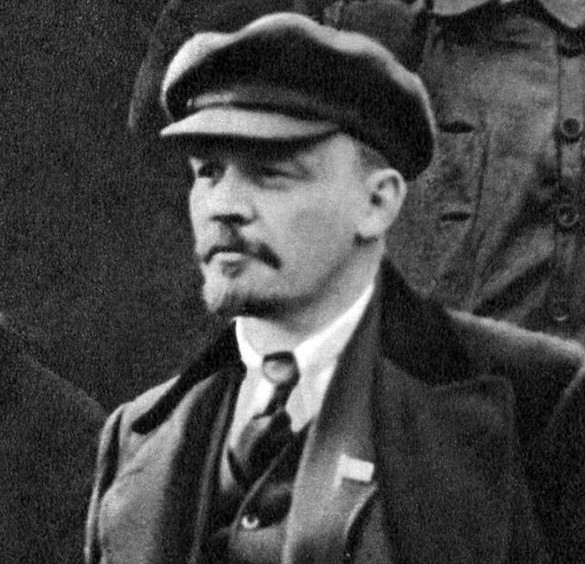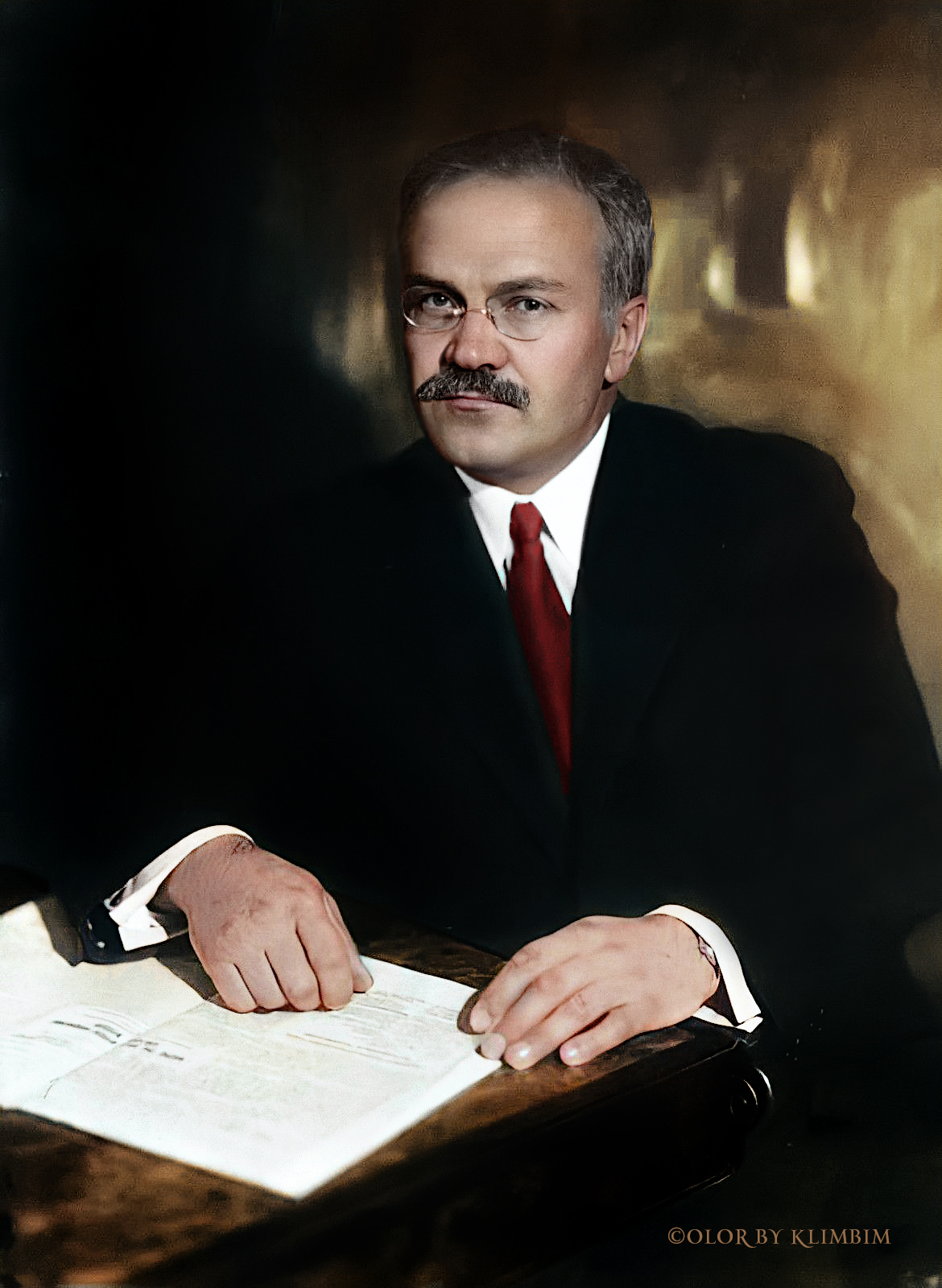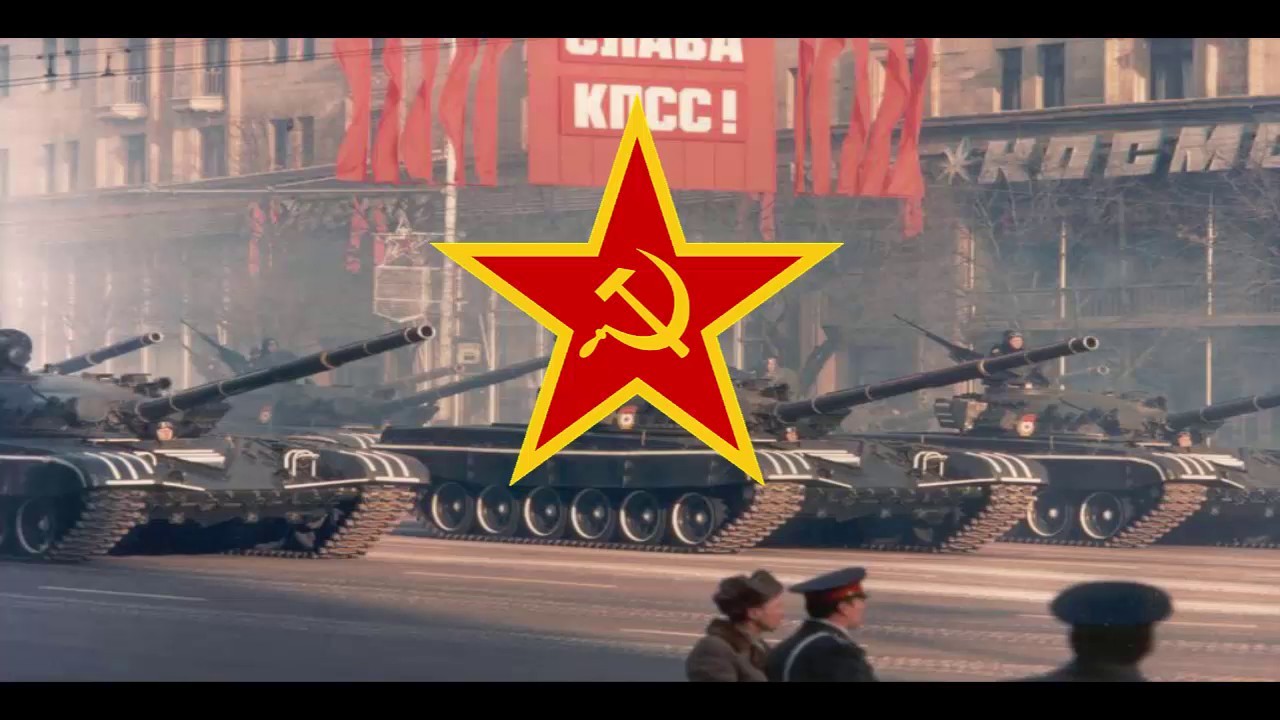Except the anarchists are telling the truth here so the Engels quote is a bit off here - the military formations by them do have a different qualitative quality than the communist understanding of strict hierarchy and absolute discipline
The character these armies took (and the character they had in 1873 when Marx was analysing the Bakuninists) was that they were a useless band of disunited, ineffective militias incapable of any competance that got rolled when the Spanish monarchists threw together a few divisions then took each canton, village and town back one by one.
What truth? This anarchist presented an utopian ideal, there is no single concrete thing about what they proposed.
If you read carefully they even describe their genius idea: “a militia that organizes itself when necessary for self-defense”. A defense operation requires a lot of time of mobilization of troops and preparation for combat. There’s no way a militia can be organized in time efficiently after an attack. There can be no surprises for an army, unless they are oblivious to their own surroundings. The Vietnam War combatants prepared themselves for an US invasion, otherwise they’d have a lot of trouble winning.
And the “very flat chain of command” is, in practice, impossible. This anarchist is criticizing “hierarchies” in the abstract, apparently oblivious to their practical use, for the soldiers and officers on a front line may change their position if required by the changing circumstances. The soldiers on the front line should have their focus on the immediate battle, while there are people taking care of administrative aspects of any battle, such as resources, tactics, etc., who can command them to hold a different position in battle.
The quote is fitting because the anarchist is criticizing hierarchy but at the same time acknowledging it as useful, by using different words to describe it. But they seem to specifically mention the abuse of authority that naturally occurs in a bourgeois army. This abuse of authority is not determined by the existence of hierarchies in armies, in contrast with a “very flat chain of command”, but by what use they have for society. In a bourgeois society, they are seen as expendable body bags and treated accordingly, in a socialist society, they are seen as valuable comrades. It’s a reflection of relations of production, in the end, but it has nothing to do with hierarchies themselves.
We aren’t in disagreement comrade
Anarchists are dishonest people there’s no other way to put it. Whenever they’re in power they essentially setup a bunch of smaller States - monopoly on violence, secret police, gulags, summary executions, outlawed papers they don’t like etc.
One wonders about the non-hierarchy of CNT-FAIs labour camps or the peasants chain ganged for slave labour by Makhno
There’s no way a militia can be organized in time efficiently after an attack.
Exactly. This is the qualitative difference I was talking about. In reality they get steam rolled by any organised army
I’ve never heard of the CNT-FAI labor camps or Makhno doing peasant chain gangs. could you provide me some reading or whatever source you used? I’d be curious to read about that.
I thought this was common knowledge? Even anarchists acknowledge this
Finnbol goes over Makhnos peasant slave labour
https://www.youtube.com/watch?v=ZiSM8SkE4mo
Anarchists argue that they could have done better [in post-revolution USSR]. But, when anarchist activists introduced workplace self-management during the Spanish Civil War, scarcity, military pressures and workers’ indiscipline pushed these activists in the same authoritarian direction as the Bolsheviks. The anarchist Justice Minister, Garcia Oliver, initiated the setting up of ‘concentration camps’ and even the most principled anarchists, the Friends of Durutti, advocated ‘forced labour’.[12]
https://libcom.org/history/revolution-back-agenda-mark-kosman
The Spanish Revolution, like the Russian, also had its labor camps (campos de trabajo), initiated at the end of 1936 by Juan Garc¡a Oliver, the CNT Minister of Justice in the central government of Largo Caballero. As we have noted, Garc¡a Oliver was a very influential fa¡sta and the most important figure in the Central Committee of Antifascist Militias, the de facto government of Catalonia in the first months of the Revolution. In no way could this promoter of Spanish labor camps be considered marginal to the Spanish Left in general and to Spanish anarchosyndicalism in particular. According to his supporters, Garc¡a Oliver had established the principle of equal justice under law that the Spanish bourgeoisie had previously ignored. The work camps were considered an integral part of the “constructive work of the Spanish Revolution,” and many anarchosyndicalists took pride in the “progressive” character of the reforms by the CNT Minister of Justice. The CNT recruited guards for the “concentration camps,” as they were also called, from within its own ranks. Certain militants feared that the CNT’s resignation from the government after May 1937 might delay this “very important project” of labor camps.72
[…]
[…] Understandable resentment against a bourgeoisie, a clergy, and a military whom workers considered unproductive and parasitic crystallized into a demand to reform these groups through productive labor. Anarchosyndicalists endowed work with great moral value; the bourgeoisie, the military, and the clergy were immoral precisely because they did not produce. Thus penal reform meant forcing these classes to labor, to rid them of their sins through work. The Spanish Revolution was, in part, a crusade to convert, by force if necessary, both enemies and friends to the values of work and development.
The ministry of the fa¡sta was proud of its “advanced” ideas and considered its camps more progressive than those in the Soviet Union.74 Garc¡a Oliver promised humanized detention, and CNT representatives investigated complaints of gross negligence, in the L"šrida prison, for example.75 Sometimes, however, the tone of the reformers shifted:
The weeds must be torn out by their roots. There cannot be and must not be pity for the enemies of the people, but . . . their rehabilitation through work and that is precisely what the new ministerial order creating “work camps” seeks. In Spain great irrigation canals, roads, and public works must be built immediately. The trains must be electrified, and all these things should be accomplished by those who conceive of work as a derisive activity or a crime, by those who have never worked. . . . The prisons and penitentiaries will be replaced by beehives of labor, and offenders against the people will have the chance to dignify themselves with tools in hand, and they will see that a pick and a shovel will be much more valuable in the future society than the placid, parasitic life of idleness that had no other aim than to perpetuate the irritating inequality of classes.76
According to a CNT historian, "delinquents, reactionaries, subversives, and suspects were judged by popular tribunals composed of CNT militants and, if found guilty, jailed or condemned to forced labor. Fascists, soldiers who looted, drunkards, criminals, and even syndicalists who abused their power were put behind bars or in work camps where they were forced to build roads."77 Inmates of the work camps reported that they also dug trenches and built railroads. One avid franquista lamented that “duchesses, marchionesses, countesses, wives and daughters of military officers” were forced to harvest grain.78
Most who were sent to prisons and work camps were convicted on political charges-which included violating public order, possessing arms, and engaging in fascist activities.79 A much smaller number received sentences for robbery, murder, hoarding, and black marketeering. This last category increased markedly in 1938 when, for example, revenue guards arrested a mason with 2,200 pesetas or another individual carrying 179 eggs.80 The number of prisoners in Catalonia multiplied fivefold during the war. In November 1936, 535 were in Catalan jails; in November 1938 the figure was 2,601. The greatest increase was of women inmates, whose numbers jumped from 18 in November 1936 to 535 two years later. Deserters from the Republican army (more numerous than those from the Nationalist army) filled their own camps, and their numbers increased dramatically in Catalonia during 1938.81
https://libcom.org/library/workers-against-work-michael-seidman-1
Thank you for bringing this to my attention. I was previously unaware of it, and for me at least, it was not common knowledge. I’ve read the passages and I will watch the video and will read the text as well. I’ll make sure to tell my friends as well, thank you!
deleted by creator
deleted by creator




